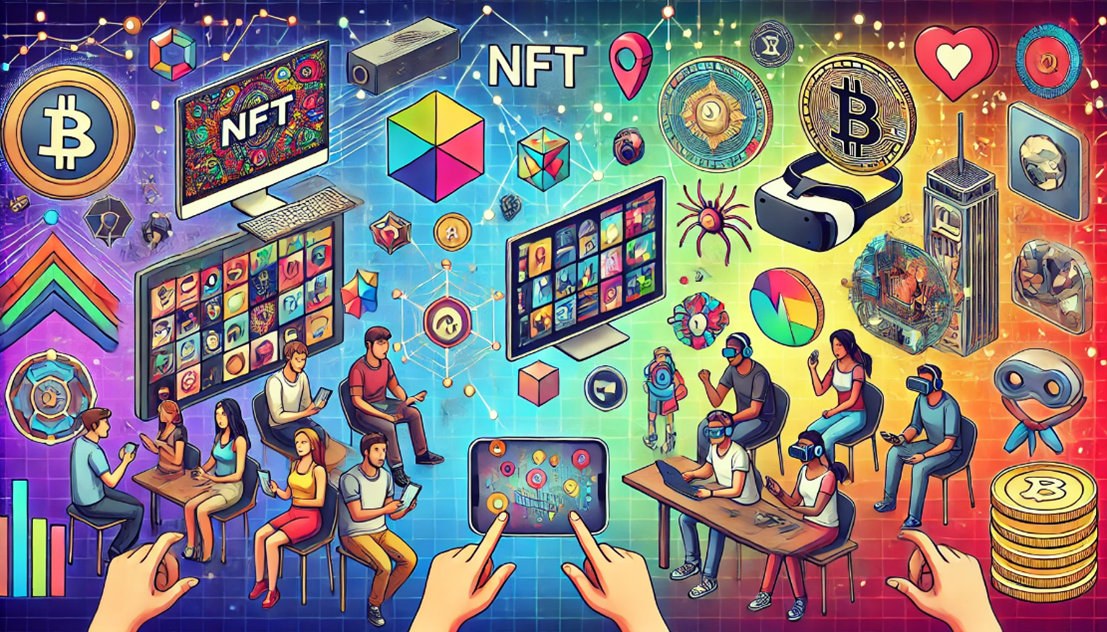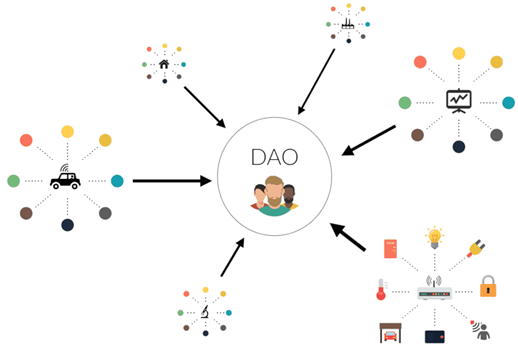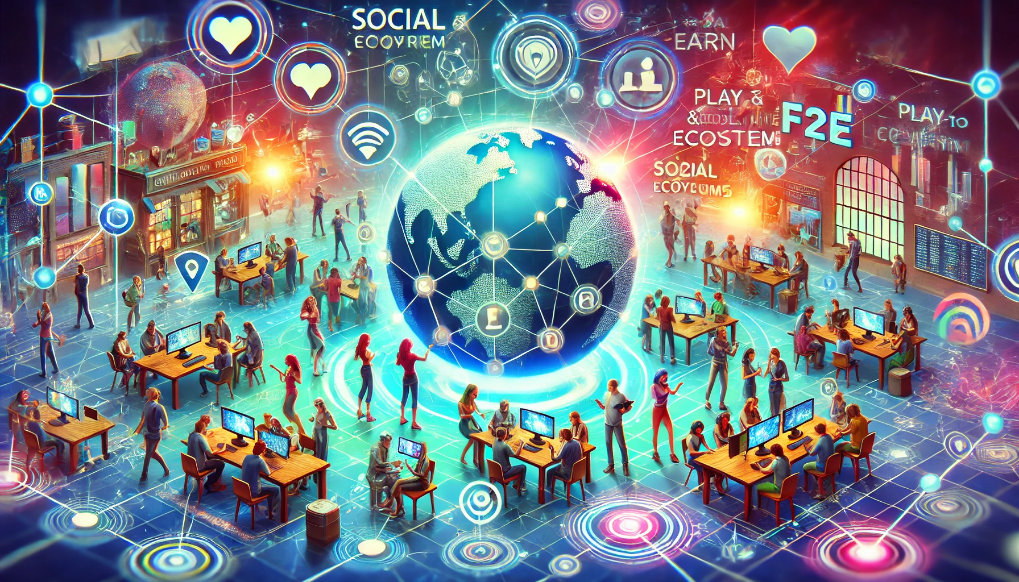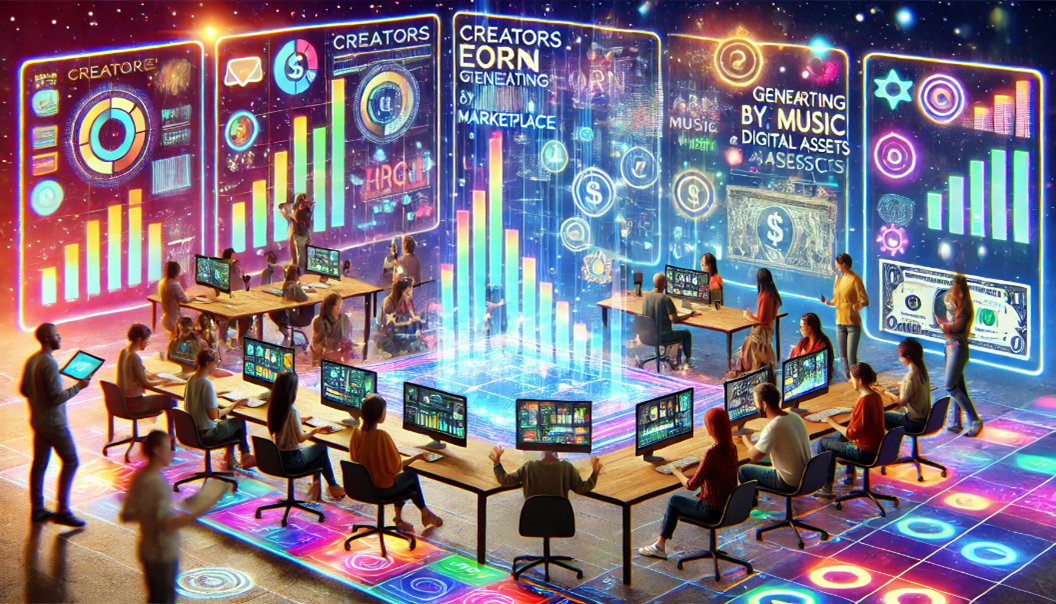Current regulations affecting P2E games

Current regulations affecting P2E games
by Maximilian 02:31pm Jan 15, 2025
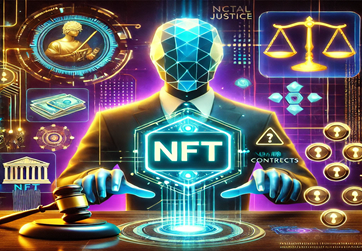
Play-to-Earn (P2E) games, which integrate blockchain-based technology to reward players with cryptocurrency or NFTs, are becoming increasingly popular. However, as they blur the lines between gaming, finance, and digital ownership, they have attracted attention from regulators around the world. Various regulations and concerns are currently shaping the P2E landscape. These regulations are often focused on issues related to financial activities, consumer protection, and taxation.
1. Securities Regulations
U.S. Securities and Exchange Commission (SEC): In the United States, the SEC has started to scrutinize P2E games under securities laws. If the in-game tokens or NFTs are considered securities (i.e., tradable assets that can be bought, sold, or exchanged for value), they must comply with the same regulations that apply to stocks, bonds, or other investment products. This could mean the requirement for registration, disclosure, and reporting under the U.S. Securities Act.
The "Howey Test": The SEC applies the Howey Test to determine if a digital asset is a security. The test considers whether there is an investment of money, with an expectation of profits derived from the efforts of others. In the case of P2E games, the SEC may analyze whether players expect to profit from in-game tokens or NFTs, leading to potential classification as securities.
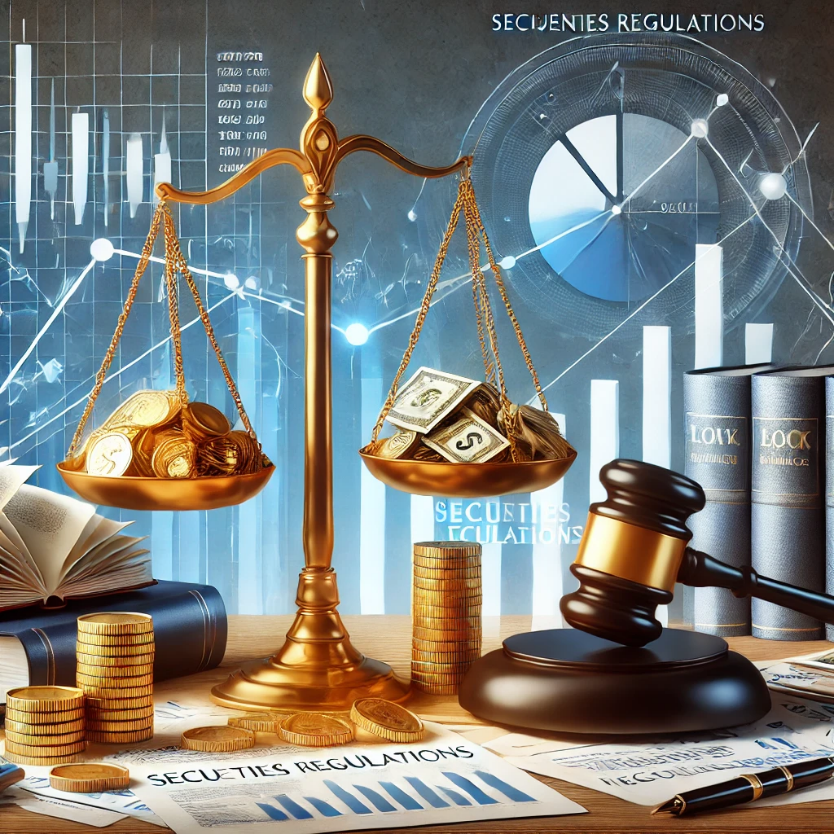
2. Anti-Money Laundering (AML) and Know Your Customer (KYC) Regulations
AML/KYC Compliance: Many countries require platforms involved in cryptocurrency transactions to adhere to Anti-Money Laundering (AML) and Know Your Customer (KYC) regulations to prevent illegal activities such as money laundering and fraud. P2E games that allow players to trade or cash out their rewards into fiat currency are subject to these regulations, especially if they involve exchanges or wallets for converting in-game rewards into real money.
Global Variation: The implementation of AML/KYC rules varies from country to country. For example, while some countries have strict requirements (e.g., the EU and the U.S.), others like Malta have more relaxed crypto regulations but still expect compliance with basic financial laws.
3. Taxation
Tax Reporting: In many jurisdictions, the rewards players earn from P2E games are treated as taxable income. For example, the U.S. Internal Revenue Service (IRS) classifies cryptocurrencies and NFTs earned in P2E games as taxable property, meaning players may need to report any capital gains or income resulting from in-game earnings. Players are also required to track the value of these rewards in fiat currency terms for tax purposes.
Global Tax Standards: Taxation of P2E rewards varies by country. Some countries, such as Germany, exempt cryptocurrencies from capital gains tax under certain conditions, while others, such as the U.S. and the U.K., impose taxes based on the value of earnings.
4. Consumer Protection
Fraud and Scams: Regulators are concerned about the potential for scams and fraud within the P2E gaming ecosystem, especially given that many games are relatively new and operate in a decentralized, unregulated space. There are growing concerns about players being misled about the real value of in-game rewards or the risk of "rug pulls" (where developers abandon the game and take funds with them).
Regulation of Token Economics: Some countries are exploring how to regulate the economic structure of P2E games, ensuring that the games are not designed in a way that exploits players. For example, concerns about "pay-to-win" mechanics or predatory monetization could lead to regulations aimed at protecting consumers, especially vulnerable players.

5. Gambling Regulations
Gambling Laws: Certain P2E games, especially those that involve staking or betting with in-game assets, may face challenges under gambling laws. If a game has elements that resemble gambling—such as betting tokens to win rewards or competing for financial prizes—some countries may classify it as a form of gambling and subject it to gambling laws and regulations. For example, the UK Gambling Commission has expressed concerns about the overlap between gambling and P2E games.
Virtual Goods as Currency: Some regulators are exploring whether virtual goods (tokens, NFTs) used in P2E games should be treated similarly to money or gambling chips, particularly when they can be exchanged or sold on third-party markets.
6. Global Regulation Diversity
European Union (EU): The EU has begun considering the regulation of crypto assets with its Markets in Crypto Assets (MiCA) regulation, which aims to create a unified framework for cryptocurrency activities within the EU. P2E games that use cryptocurrencies or NFTs could be affected by this legislation. It would regulate the issuance and trading of crypto assets, and introduce rules for consumer protection, transparency, and anti-money laundering.
China: China has a strict stance on cryptocurrencies, and it has banned most crypto-related activities, including mining and trading. Although P2E games are not explicitly banned, players in China face significant limitations on how they can interact with the global P2E ecosystem.
Japan: Japan has a relatively favorable stance toward blockchain and cryptocurrency regulation. P2E games are legal, but game developers must comply with rules that ensure transparency, consumer protection, and taxation.
7. Regulations for NFTs in Gaming
Many regulators are looking at the specific legal implications of NFTs within gaming, especially when they are tied to real-world value. Issues include the ownership of digital assets, the ability to trade these assets outside the game’s ecosystem, and intellectual property concerns.
Consumer Rights and Refunds: If NFTs can be purchased or traded within P2E games, consumers may have questions about whether they have the right to refunds or to dispute transactions. Regulators are working on ensuring that proper consumer protection policies are in place for NFT-related purchases.

Conclusion
Regulations affecting P2E games are still in a relatively early and fluid stage, and much depends on the specific jurisdiction. The key areas of regulation include securities laws, taxation, consumer protection, gambling laws, and anti-money laundering standards. As the P2E space grows, we can expect more robust frameworks and clearer guidelines to emerge, ensuring that both game developers and players are protected in a way that balances innovation with accountability.



